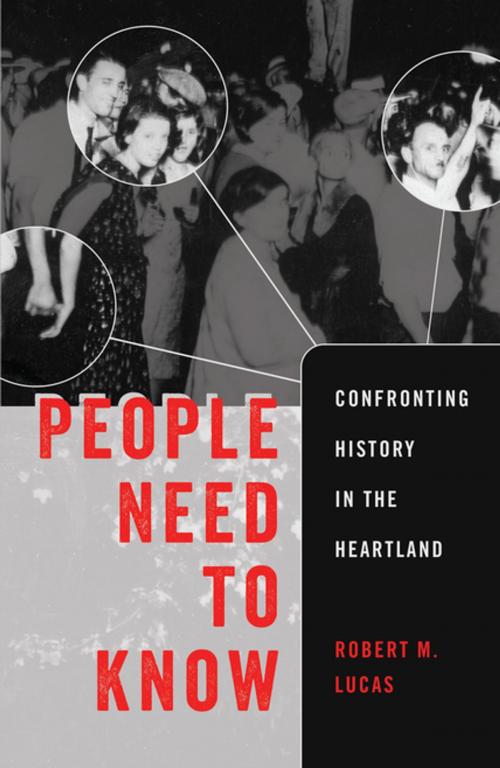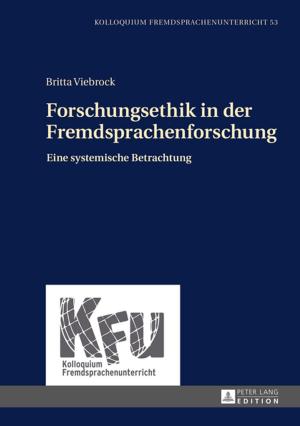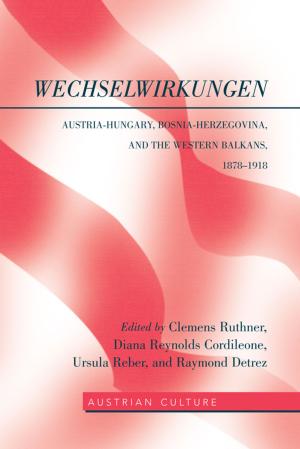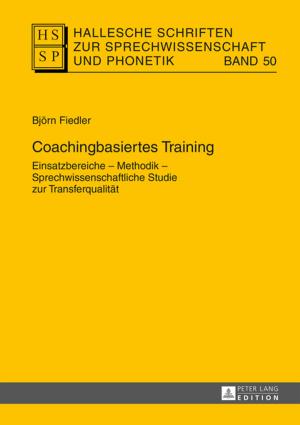People Need to Know
Confronting History in the Heartland
Nonfiction, Reference & Language, Education & Teaching, Secondary Education, Educational Theory, Adult & Continuing Education, Elementary| Author: | Robert M. Lucas | ISBN: | 9781454191179 |
| Publisher: | Peter Lang | Publication: | March 10, 2016 |
| Imprint: | Peter Lang Inc., International Academic Publishers | Language: | English |
| Author: | Robert M. Lucas |
| ISBN: | 9781454191179 |
| Publisher: | Peter Lang |
| Publication: | March 10, 2016 |
| Imprint: | Peter Lang Inc., International Academic Publishers |
| Language: | English |
People Need to Know follows a group of students as they study the defining event in their community’s history – a 1930 lynching that was captured in one of the century’s most iconic and disturbing photographs. With ambitions of contributing to public understanding, the students set out to create a collection of online resources about the lynching. As they encounter troubling information and consider how best to present it to others, the students come to better understand the complex ethical ramifications of historical work and to more fully appreciate why their learning matters. Through the stories of these students, their teacher, and an author re-immersed in the town of his own childhood, the book develops an approach to curriculum in which students create products of value beyond the school walls. In a time of educational standardization, when assignments and assessments often fail to deliberately engage the ethically charged and locally particular contexts of students’ lives, Robert M. Lucas proposes that we see learning in their creation and appreciation of public value. The book will be of particular interest for courses in curriculum studies and in history and social studies education.
People Need to Know follows a group of students as they study the defining event in their community’s history – a 1930 lynching that was captured in one of the century’s most iconic and disturbing photographs. With ambitions of contributing to public understanding, the students set out to create a collection of online resources about the lynching. As they encounter troubling information and consider how best to present it to others, the students come to better understand the complex ethical ramifications of historical work and to more fully appreciate why their learning matters. Through the stories of these students, their teacher, and an author re-immersed in the town of his own childhood, the book develops an approach to curriculum in which students create products of value beyond the school walls. In a time of educational standardization, when assignments and assessments often fail to deliberately engage the ethically charged and locally particular contexts of students’ lives, Robert M. Lucas proposes that we see learning in their creation and appreciation of public value. The book will be of particular interest for courses in curriculum studies and in history and social studies education.















